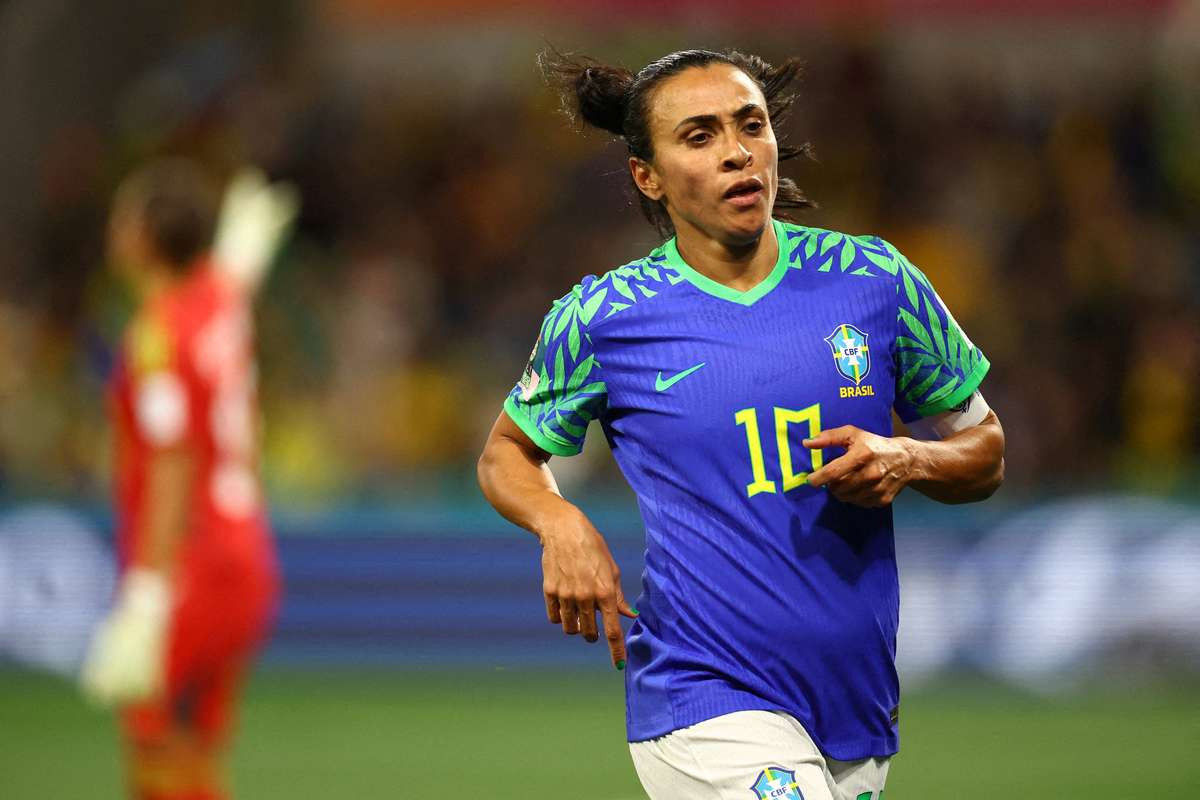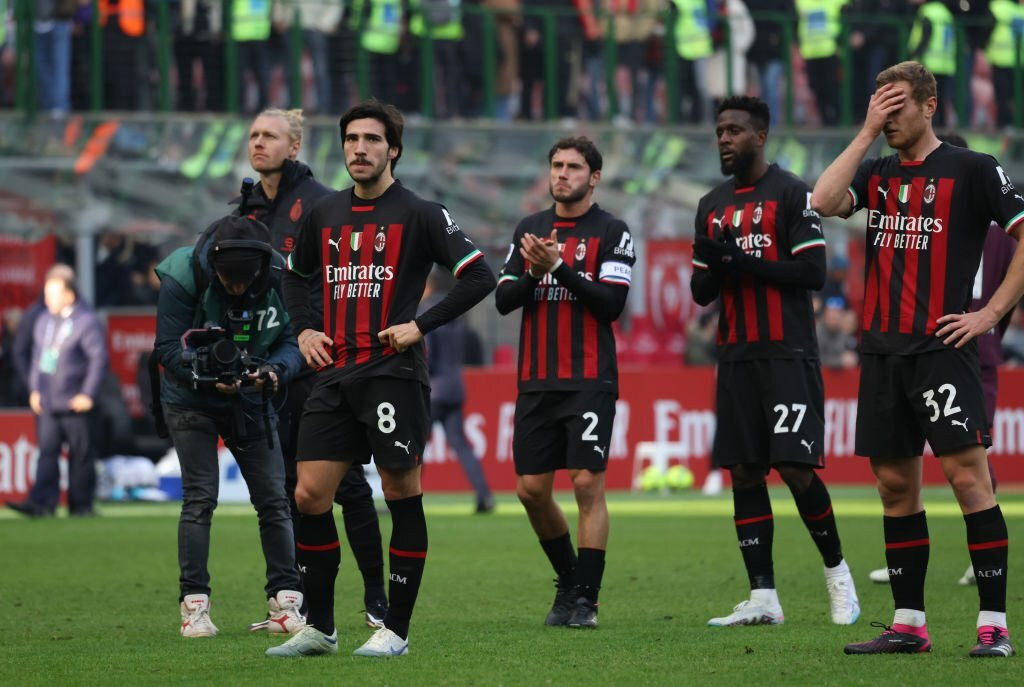Brazil's 2027 Women's World Cup: A New Generation Takes the Field
Following the conclusion of the 2023 Women's World Cup, excitement is building for the next tournament, set to take place in Brazil in 2027. Brazil's successful bid to host the event comes after witnessing firsthand the positive impact the tournament had on Australian women's football. The nation is now determined to replicate and potentially surpass this success on home soil.
Securing the 2027 Hosting Rights
Brazil's win in the bid to host the 2027 World Cup was a triumph over a formidable joint bid from Belgium, Germany, and the Netherlands. This victory, coming after a disappointing group-stage exit for the Brazilian team in the 2023 tournament, demonstrates a commitment to elevating women's football within the country. The nation is now focused on delivering a world-class tournament. The positive impact on women's sports witnessed during the Australian World Cup, and again with Brazil’s silver medal at the recent Paris Olympics, has no doubt fueled this ambition. The success of the Australian tournament served as a compelling case study demonstrating the potential for such tournaments to galvanize interest and investment in women's football.
The Legacy of Marta and the Rise of a New Generation
The retirement of legendary Brazilian footballer Marta after the Olympics marks a significant turning point. While Marta's absence is undeniably felt, it also presents an opportunity for a new generation of players to step into the spotlight. Players such as 23-year-old Amanda Gutierres, who plays for Santos, represent the exciting potential of this new wave of talent. Gutierres embodies the enthusiasm and dedication of young players eager to make their mark on the world stage. She reflects the widespread dream among aspiring Brazilian footballers to participate in a World Cup held in their own country. "It's every soccer player's dream to be part of a team in this moment playing in a soccer World Cup in your own country," Gutierres stated.
A New Era of Brazilian Football
The transition from veterans like Marta, Cristiane, Formiga, and Debinha to a younger generation will undoubtedly be a defining aspect of Brazil’s approach to the 2027 tournament. Coach Arthur Elias acknowledged the transition, emphasizing the importance of integrating new players into the team. He highlighted the need to balance the experience of the silver-medal-winning team with the potential of newer talent over the next three years of preparation. "The focus (now) is also to give opportunities to new players playing in Brazil to mix the silver-medal team with new players preparing (for) the next three years." While comparisons to Marta are inevitable, Gutierres herself has a pragmatic perspective: "I cannot compare, I don't see it as comparing. But I understand it's a new generation coming, and of young girls that want to be as Marta (was) and want to do as she did." This generational shift is not simply about replacing iconic figures but rather fostering a new identity and style for Brazilian women's football.
Brazil's Preparations for the 2027 Tournament
Brazil's preparations for the 2027 Women's World Cup are already underway. The nation is keenly aware of the transformative potential of hosting such a major event. The country has seen a significant rise in support for women's football in the wake of the 2023 World Cup and the Olympic silver medal, a trend Gutierres herself noted. This upswing in support promises to create a vibrant and passionate atmosphere for the 2027 tournament. Beyond the immediate impact of the tournament, the long-term goal is to cultivate a lasting legacy for women's football in Brazil. This involves not just success on the pitch, but also creating a sustainable framework for the growth of the sport at all levels. The success of the Australian tournament provides a roadmap for this endeavor, highlighting the lasting positive impact that a well-organized and widely supported Women's World Cup can have on a nation's football landscape. This tournament will be more than just a sporting event; it will be a catalyst for societal change. The legacy of the 2027 World Cup will be felt long after the final whistle blows. Brazil’s commitment and vision extend far beyond the 2027 tournament; their sights are set on shaping a future where women's football thrives.
A Nation's Hope: Embracing the Future
Even with Marta's retirement, the spirit of Brazilian football remains strong. The upcoming World Cup is not merely a sporting event, but a testament to Brazil’s commitment to empowering women in sports and fostering a brighter future for the game. The 2027 tournament promises to be a momentous occasion, showcasing the talent of a new generation of Brazilian players and the unwavering passion of a nation united behind their team. The country’s investment and dedication lay the groundwork for a tournament that will leave an unforgettable mark on the global stage and solidify Brazil's position as a major force in women’s football. The journey has begun, and the world awaits to witness the unfolding legacy.

















